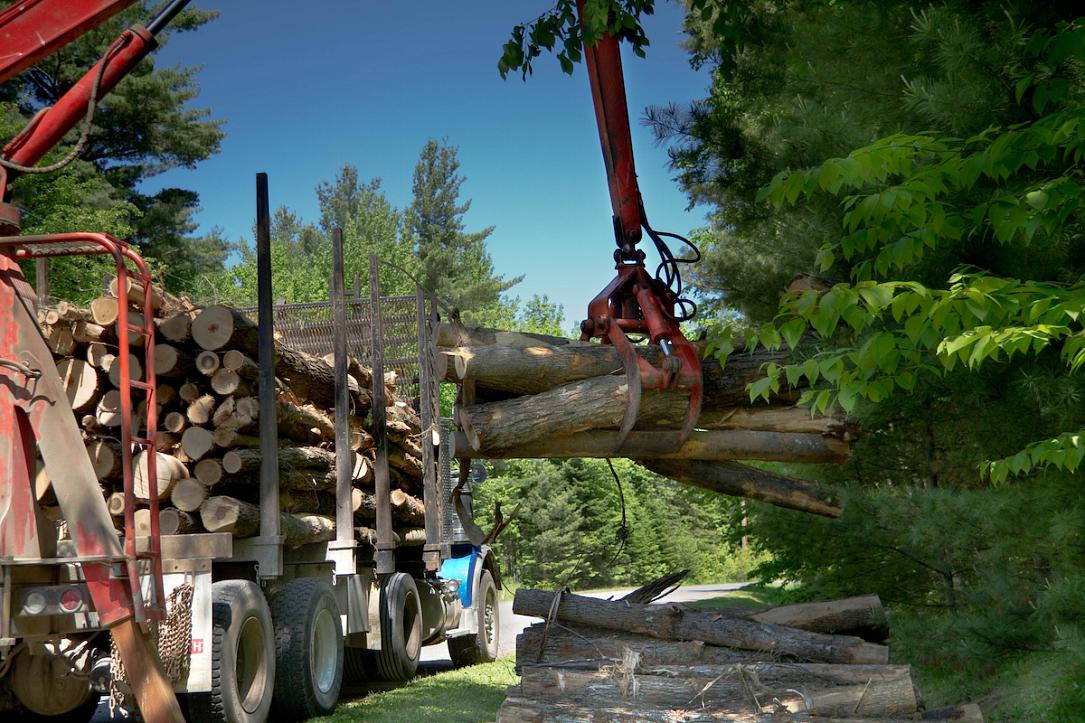Romania turns to AI to check timber transports



Romania’s Environment Ministry plans to use Artificial Intelligence-based services to check the transport permits for timber mass and the corresponding photographs uploaded to the SUMAL 2.0 application.
SUMAL 2.0 – the integrated information system for monitoring the traceability of timber materials – was launched on January 31, 2021. The app provides information about the utilization permits (APV), the locations from where timber mass transports are loaded, and the information related to these points. APVs come from tree markings carried out throughout the year with the help of mobile devices. At the end of January this year, the Minister of Environment announced that a new version of the integrated information system for monitoring the traceability of timber materials – SUMAL 3.0 – will be developed in the coming period.
However, at the moment, the sheer amount of data makes it so inspectors have a hard time keeping up with shipments. Environment minister Mircea Fechet noted that the volume of data uploaded to the system is huge and difficult to verify in detail, if not impossible. “In just November 2023, over 400,000 transport permits were issued. If we multiply each permit by four photographs, as the law requires, that means we are talking about over 1.6 million photographs in just one month. Imagine what it means to make 1.6 million clicks and what it means for one person to physically check 1.6 million photographs,” he said, cited by Economedia.
The minister also argued that it would take 125 people to check all of the permits in real-time. “Given that the Forest Guard has just over 200 people today, you can imagine that [...] is something not even worth discussing,” he added.
By comparison, companies using AI have needed much less time to check the same permits. “We evaluated and analyzed all 400,000 permits in just three days, and it took, on average, less than a second for each permit, more precisely 0.64 seconds for each permit,” the minister explained. The institution concluded that the acquisition of real-time analysis services, based on artificial intelligence, for each transport in SUMAL was necessary.
The minister also noted that over half of the timber transports in November 2023 were done with small vehicles, namely vans. Roughly 450,000 cubic meters of timber were transported in this way. This is important since most of the time these vehicles are enclosed.
“I also add that artificial intelligence technology will be complemented by satellite image information, with video cameras to be installed on forest and public roads in Romania, and also by LiDAR sensors, digital tools funded from PNRR, part of public purchases either almost completed or very close to being finalized,” mentioned Mircea Fechet. The official emphasized that the pilot project was carried out by the Ministry of Environment, with the help of Google Cloud technologies, and in partnership with the Romanian IT company Zitec.
Investigative journalists previously highlighted that Romania’s SUMAL system has a number of weaknesses that allow illegal loggers to continue their activities. These loggers use fake (clone) photos which they upload to SUMAL for multiple transports. In some cases, the same photograph was used for several transports carried out on different days and from different locations.
“In the last two years, authorities have uncovered over 2000 clone transports, issued fines of EUR 2 million, and confiscated wood worth EUR 1.6 million. RISE reporters discovered hundreds of clone photographs at the local branches of Kronospan, the Austrian group that processes wood on a global scale.
(Photo source: Rambleon | Dreamstime.com)